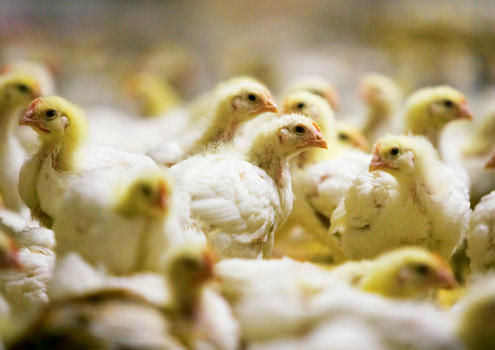FSA calls for campylobacter research

The Food Standards Agency (FSA) is inviting tenders to sequence the campylobacter genome as part of its strategy to reduce Britain’s most common source of food poisoning.
Up to 500,000 people a year are infected with campylobacter, which accounts for 90% of all hospital admissions due to food-borne diseases. Research suggests 60-80% of these infections are caused by the handling or consumption of raw or undercooked chicken.
Sequencing campylobacter’s isolates genome will form part of the FSA’s “Foodborne Strategy” – a range of measures aimed at reducing food poisoning.
The agency hopes to cut the percentage of poultry with the highest category of campylobacter contamination from 27% to 10% by 2015. It is working with farming industry bodies to tighten biosecurity and improve hygiene.
There is also ongoing work to reduce infection in processing plants and by improving packaging.
An FSA statement said: “Sequencing the whole genome for the unique and valuable collection of campylobacter isolates archived from the IID1 and IID2 studies, will provide key information for isolates representative of the UK population.
“It will also provide important reference points for ongoing work in the UK, in campylobacter infections and changes in these organisms.”
